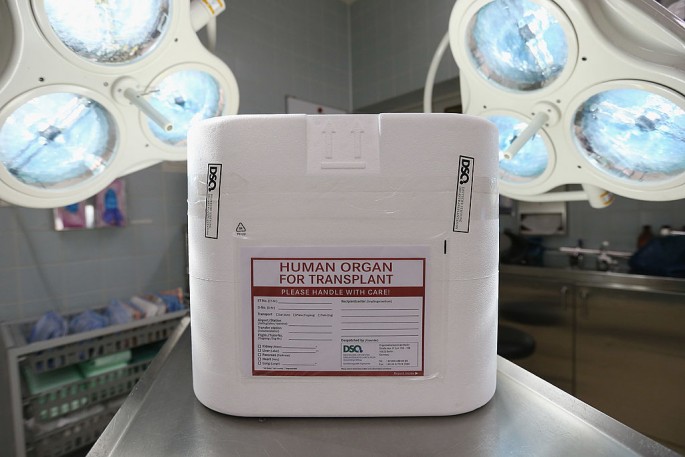China's long-debated practice of using prisoners' organs for transplants is subject of contention yet again ahead of a transplant convention with advocates saying it would be wrong to conduct the meeting in the controversy-stricken country.
According to the New York Times, the debate over China's age-old practice flared again because of a report published in the American Journal of Transplantation questioning the venue of the 26th International Congress of the Transplantation Society.
This comes months after Chinese officials vowed to never harvest organs for transplant from prisoners ever again.
The Issue
There is a shortage of viable organs for transplant in China which becomes even worse after the government banned the use of prisoners' organs for such operations.
In June, a report revealing that China is conducting forced organ extraction procedures to nearly 100,000 political prisoners was featured by CNN and other news agencies.
"The (Communist Party) says the total number of legal transplants is about 10,000 per year. But we can easily surpass the official Chinese figure just by looking at the two or three biggest hospitals," said human rights lawyer David Matas who, with former Canadian lawmaker David Kilgour and journalist Ethan Gutmann publicized the shocking news.
However, the Chinese government strongly denied such allegations with Chinese Foreign Ministry spokesperson Hua Chunying calling it "imaginary and baseless."
Dr. Huang Jiefu, a senior health official overseeing transplantations in China, echoed Hua's statement, saying that the country only gets organs from voluntary donations.
"As a doctor, we cannot reject the kindness and the conscience of the prisoners. However, on a practical level, we cannot do that, to put them into the civilian donation," he told the New York Times.
Huang was criticized for his earlier comments stating how "willing death-row prisoners" are considered voluntary donors if they opt for their organs to be given to extend another person's life.
International Scrutiny
Doubt still hangs above China's word about getting organs for transplant from strictly from voluntary donation especially after Sheba Medical Center's Dr. Jacob Lavee and Doctors Against Forced Organ Harvesting Executive Director Dr. Torsten Trey questioned the veracity of the Middle Kingdom's words.
According to Drs. Trey and Lavee's article, there is no way to verify whether or not China has indeed stopped organ extractions from prisoners who are about to be executed.
"Until we have independent and objective evidence of a complete cessation of unethical organ procurement from prisoners, the medical community has a professional responsibility to maintain the academic embargo on Chinese transplant professionals," they wrote.



























